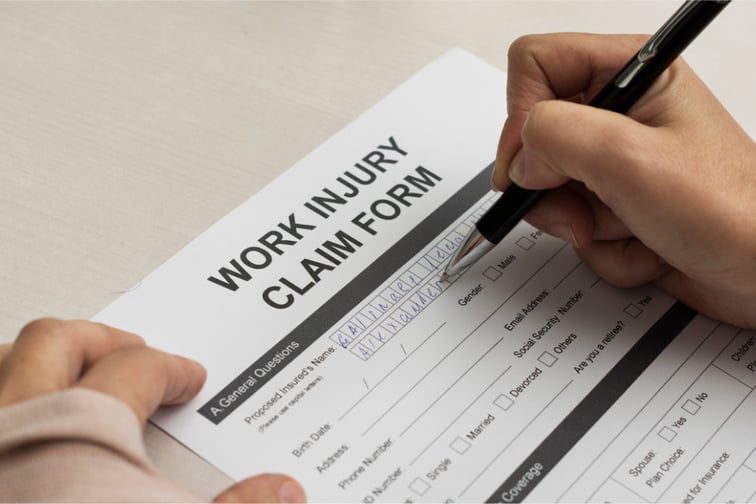

Where does proactive rehabilitation support (PRS) fit in with an employer’s liability policy? This was one of the key questions put to two specialists from Travelers Europe who recently joined the IB Talk podcast to discuss how brokers can minimise their clients' workplace injury claims.
Offering her insights, Stephanie Przybylski, medical claims manager at Travelers Europe, noted that the main benefit of PRS is that it provides a strong and comprehensive rehab assessment to support the employee returning to the workplace. It gives really good and timely access to a return to work programme which is assessed at the earliest stage of medical intervention.
“With the ongoing problems within the NHS, we can arrange this type of treatment very, very quickly,” she said. “In the private sector, there is a cost reduction for our customers by effectively managing and reducing the amount of time the employed person is not at work. And that reduction is in hidden costs. So, there are high costs associated with members of staff not being at work.
“This can include loss of production, recruitment costs, and also the training of additional staff. There's the potential overtime of existing staff to cover for an injured employee. This product really does resonate with my nursing background, in assisting people to regain their independence and get back to function and ultimately, return to work.”
Adding to this, Alexa Johnson, lead underwriter of Travelers Europe's care practice, noted that the proposition is essentially an extension of Travelers Europe’s employer’s liability offering. It’s triggered when an employee is injured at work and signed off for more than seven days, she said.
“Providing it’s referred to us within 30 days of the incident, our nurse will review the injury and, if it’s deemed appropriate, will refer the injured partner to a suitable rehab provider,” she said. “If the incident remains as pure proactive rehabilitation, then none of the charges will sit as claims on the claims experience.”
